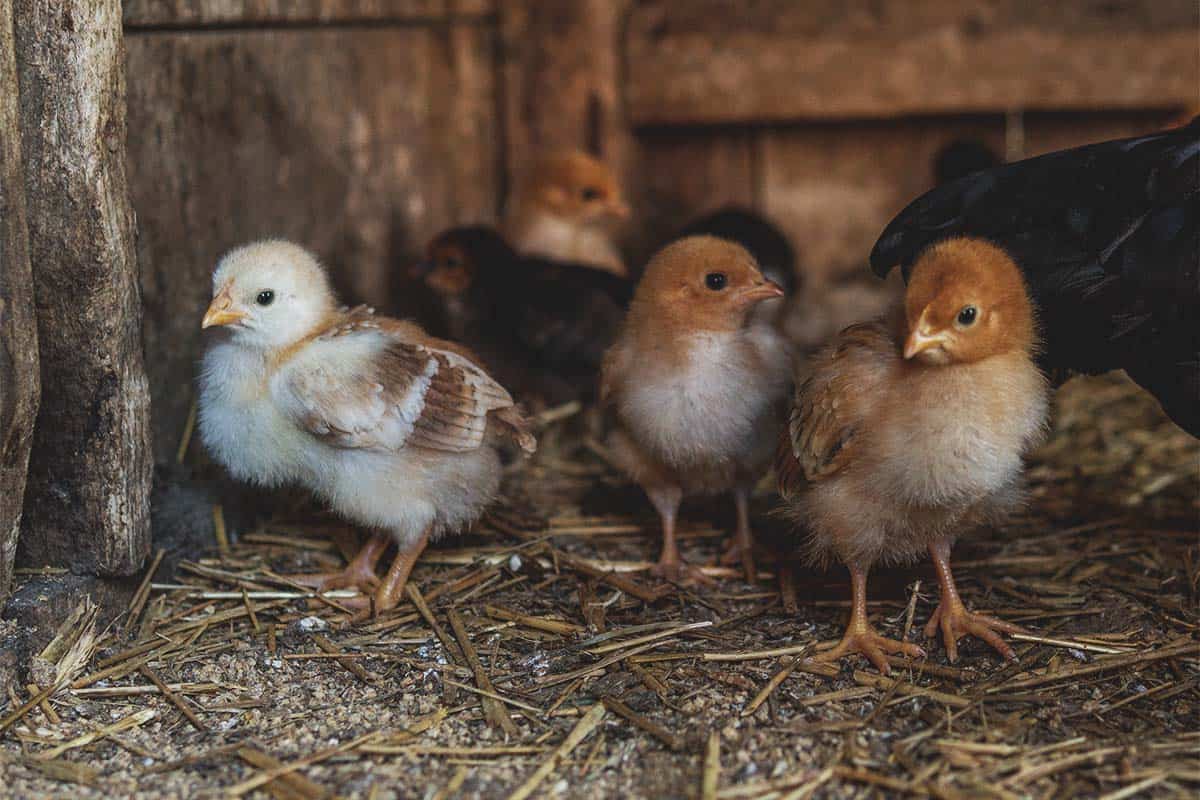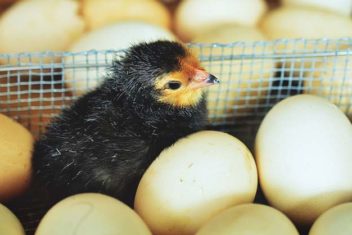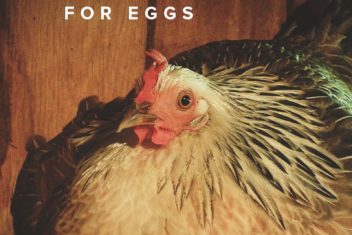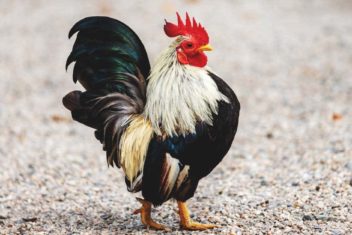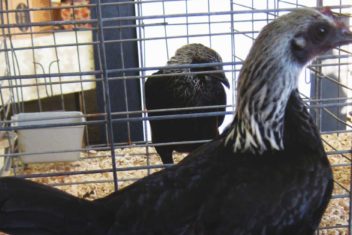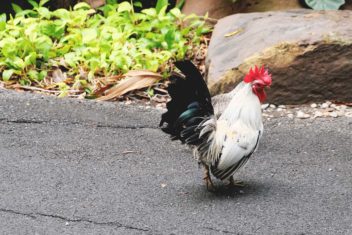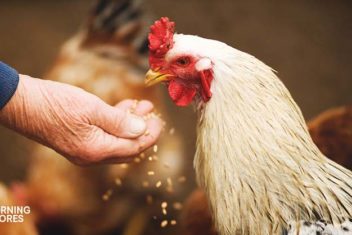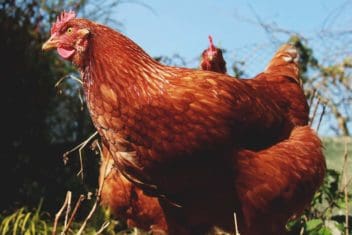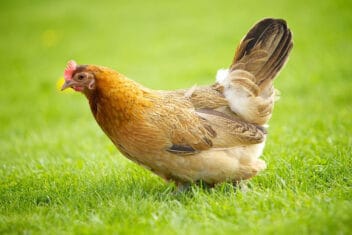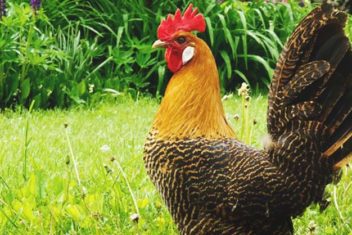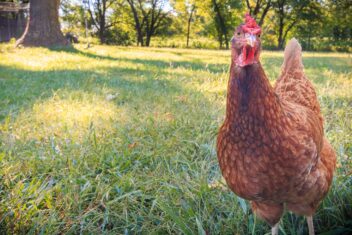It’s very seldom that the entire world goes through the exact same crisis at the same time as everyone else.
Our reactions are similar in that we’re all staying home and doing everything we can to avoid complete insanity in the midst of quarantine. Many people have gotten creative, to the extent of getting new family pets or even starting a garden.
In times like these, things we never would have imagined does happen and confuse all of us. A global toilet paper shortage? I sure didn’t see that one coming!
Strangely enough, it seems that a chicken shortage could be on the horizon as well. Hatcheries across the country are currently experiencing a massive influx of chick orders.
Yep, people are panic buying chickens.
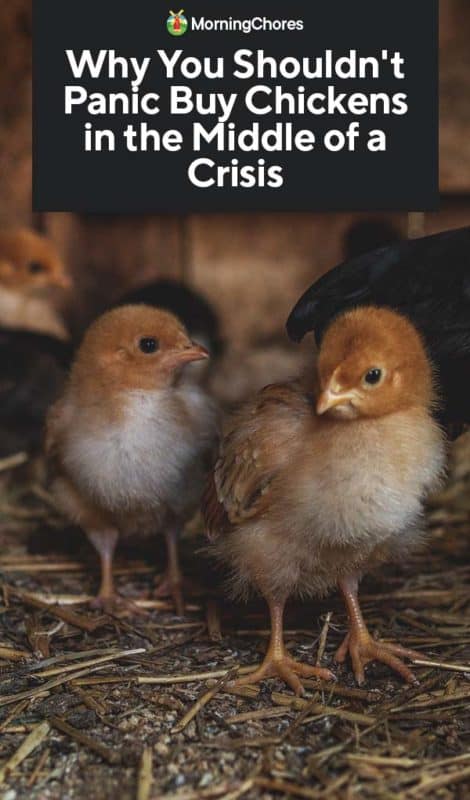
Why Panic Buying Chickens is Harmful?
Hoarding toilet paper is bad, hoarding baby chicks is also bad—if not worse. There are limited number of baby chicks available on the market and you can’t mass produce them, that would be inhumane.
There is a growing number of people who buy little chicks for the first time out of panic because they want to have a long-term food supply, yet they don’t know and never done any research to find out what it takes to manage a healthy flock of chickens. This may result in many chickens needlessly live and die in suffering.
Plus, there are people who actually need to buy chickens right now to support their lives, so panic buyers are limiting the stock available for them.
5 Things to Consider Before You (Panic) Buy Chickens
If you are on the verge of panic buying chicks (or even if they are already on the way) first read these warnings.
1. Think Six Months or More Ahead
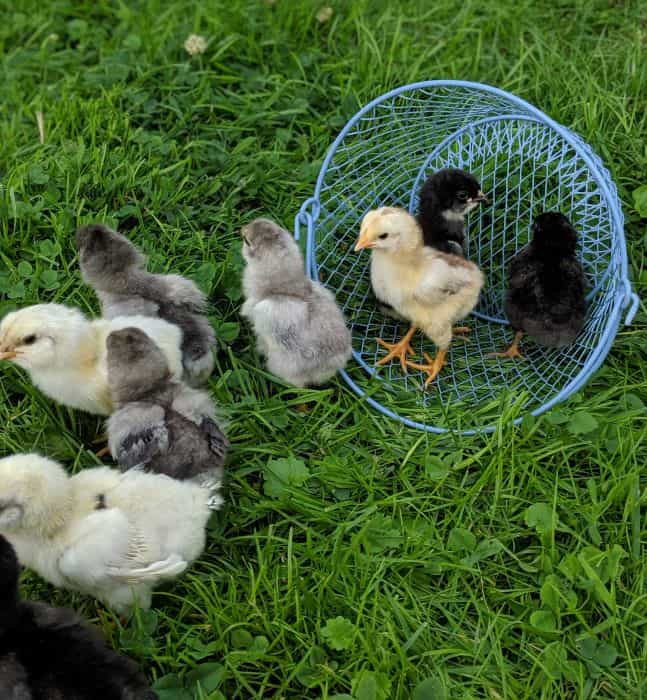
First of all, if you’re considering buying chicks right now to keep your family fed, it’s not going to result in an immediate supply of eggs.
In fact, panic buying chicks likely won’t even help you during this crisis at all. We could hopefully be returning to our normal routines in the next few months.
What that implies is that (depending on the breed of your chicks) your chickens may not even begin laying until after the pandemic has ended. A commercialized breed of chicken may begin laying around 18-21 weeks of age, while other breeds may only start laying after they’re 6-8 months old.
2. Feeding & Raising Chickens Cost Money
Financially speaking, raising chickens might not save you any money.
Unless you’re an experienced keeper, you will likely to spend more money than what you can potentially save by raising chickens. The cost of housing chickens alone is expensive, then there’s the cost of food, not to mention the mistakes you’re going to make along the way.
If you’re trying to save money during a crisis, getting started with chickens is not the way.
3. Caring for Chickens Impacts Your Time & Travels
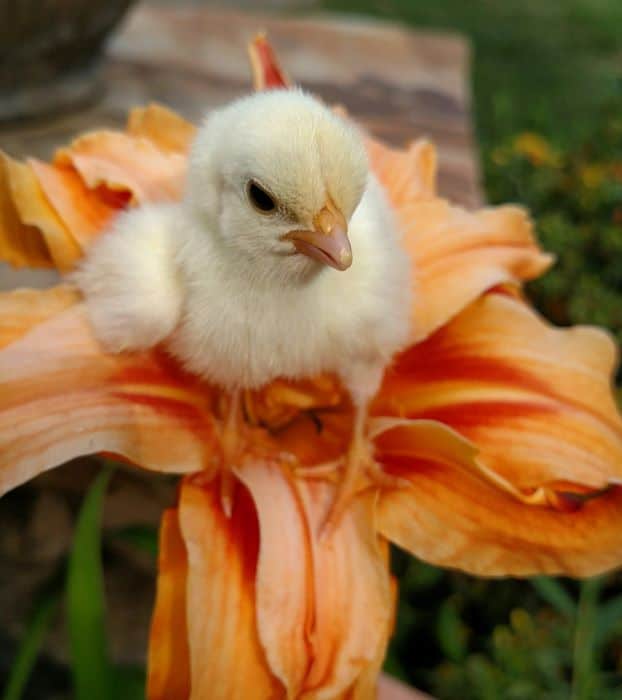
Sure, everyone’s schedule might be wiped clean in the middle of a crisis. It really does seem like the perfect time to dive headfirst into such an endeavor. However, what will your schedule look like when all this is over?
I have a pretty good idea that life will be pretty crazy once restrictions are lifted. Everyone will try and play catch-up with canceled weddings, parties, school and getting businesses and work back on track.
Does your family travel? Traveling means you’ll have to find someone you trust to care for your chickens when you’re gone. If your schedule before a crisis didn’t support keeping chickens, it certainly won’t after.
4. Know Your City’s Ordinances
Recently, I saw a fairly popular influencer had purchased eight chicks and was keeping them in her bedroom.
Knowing she lived within the city limits of a well-known town, I looked up her town’s ordinances regarding chickens. Surprise, surprise—raising chickens of any kind in her city was strictly prohibited.
Unless you live smack dab in the middle of nowhere, checking with the laws and regulations of your town could save you a bit of trouble further down the road.
Some towns will allow hens as long as roosters aren’t present, some will strictly prohibit raising any chickens whatsoever, while others allow a limited number of chickens, and still, others will allow any chickens you feel like raising, provided you have space.
5. Housing and Space
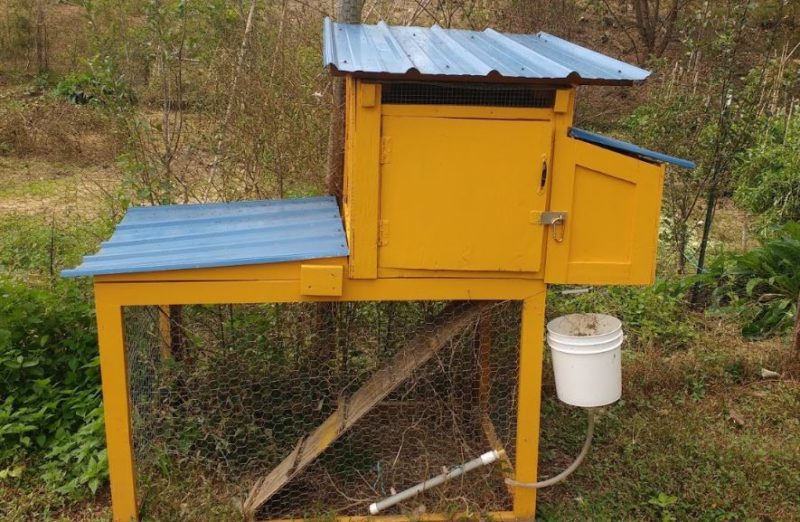
A close family friend of mine has purchased some chicks and has been referring to me, the resident chicken gal, for information on his impending flock.
As he awaits the arrival of his chicks, he’s been building an adorable little coop for his birds. Well, perhaps too little. After sending me a photo of his almost completed coop, I had to break it to him that the coop wasn’t half as big as it needed to be to house the chicks.
Luckily, he’s a talented carpenter and will be able to expand the coop as needed to accommodate his new flock.
However, this begs the question, do you know how much space is needed for a single chicken? Inside the coop, 3-4 square feet per chicken is the minimum amount for a single bird, plus one nesting box for every seven hens and 12 inches of roost space per bird.
For a run, you’ll need a minimum of 10 square feet per bird to ensure everyone is adequately accommodated.
Oops, I’ve Already Bought Chicks!
If you’ve already succumbed to the pressure and bought chicks, I’m not here to judge you. From here, you can either choose if you’re cut out for keeping chickens or if you jumped in a little too quickly.
Raising any animal requires time and responsibility, and in some cases, the most responsible decision might be to let someone better equipped take on your birds.
No matter where you are, there is likely someone nearby that has a setup for chicken keeping and may be prepared to adopt chicks if you need to rehome them.
You can post on local social media pages and ask around to find the farmers in your area that are looking for new additions to their flock.
Caring For Your New Flock
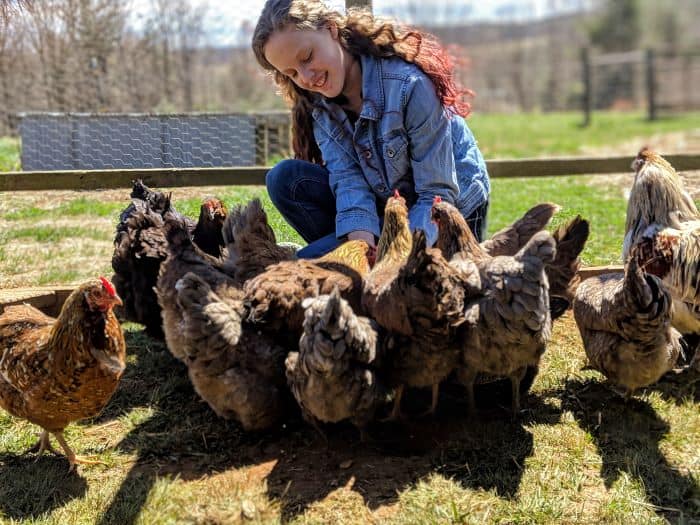
If you’ve decided you’ve got what it takes to keep your new birds, congratulations! Chicken keeping is a rewarding process if you’re prepared to handle the ups and downs that come with these birds.
For those starting out with newly hatched chicks, make sure they have a safe and comfortable brooder with the proper feed.
If you haven’t already acquired a coop, don’t wait around a second longer to get one started or purchase one right away. Chickens grow fast and you’ll be ready for them to move into a coop in no time at all.
There are many different options to explore when it comes to a chicken coop and you’ll need to choose what will work best for you and your situation. Above all, making sure your chickens have a safe place to sleep at night and roam during the day is extremely important no matter what coop you have.
Read up as much as possible on all things chicken to make sure you know how to handle the everyday situations that will arise with a flock.
The best way to do that is to return to our blog for all the info. This is where you will find me – ‘the chicken gall‘ sharing loads of information on breeds, eggs, illnesses, bedding, chicken noises and lots more.
Although chicken keeping can be a lot at times, once you know what you’re doing, it’s an enjoyable adventure that will teach you and your family a lot about farm life.
My Final Thoughts
In times such as these, it can be easy to follow what everyone else is doing in an attempt to be as prepared as possible for what comes next. It’s completely understandable that thoughts of self-sufficiency may come up!
And if they do, again have a look at our great selection of self-sufficiency posts to help you prepare.
If you’re in a position to explore options such as chicken keeping or gardening, I can’t recommend the “simpler way of life” enough.
Maybe the realization you aren’t as prepared for circumstances such as these makes you want to dive into homesteading. My word of wisdom to you is to:
- Stay calm and don’t panic (or panic buy chickens)
- Take little steps
- Make sure to do your research
- Consider what will be good long-term for you and your family – pandemic or no pandemic
- Make wise decisions
With a little calmness and clarity of mind, we can get through this.
